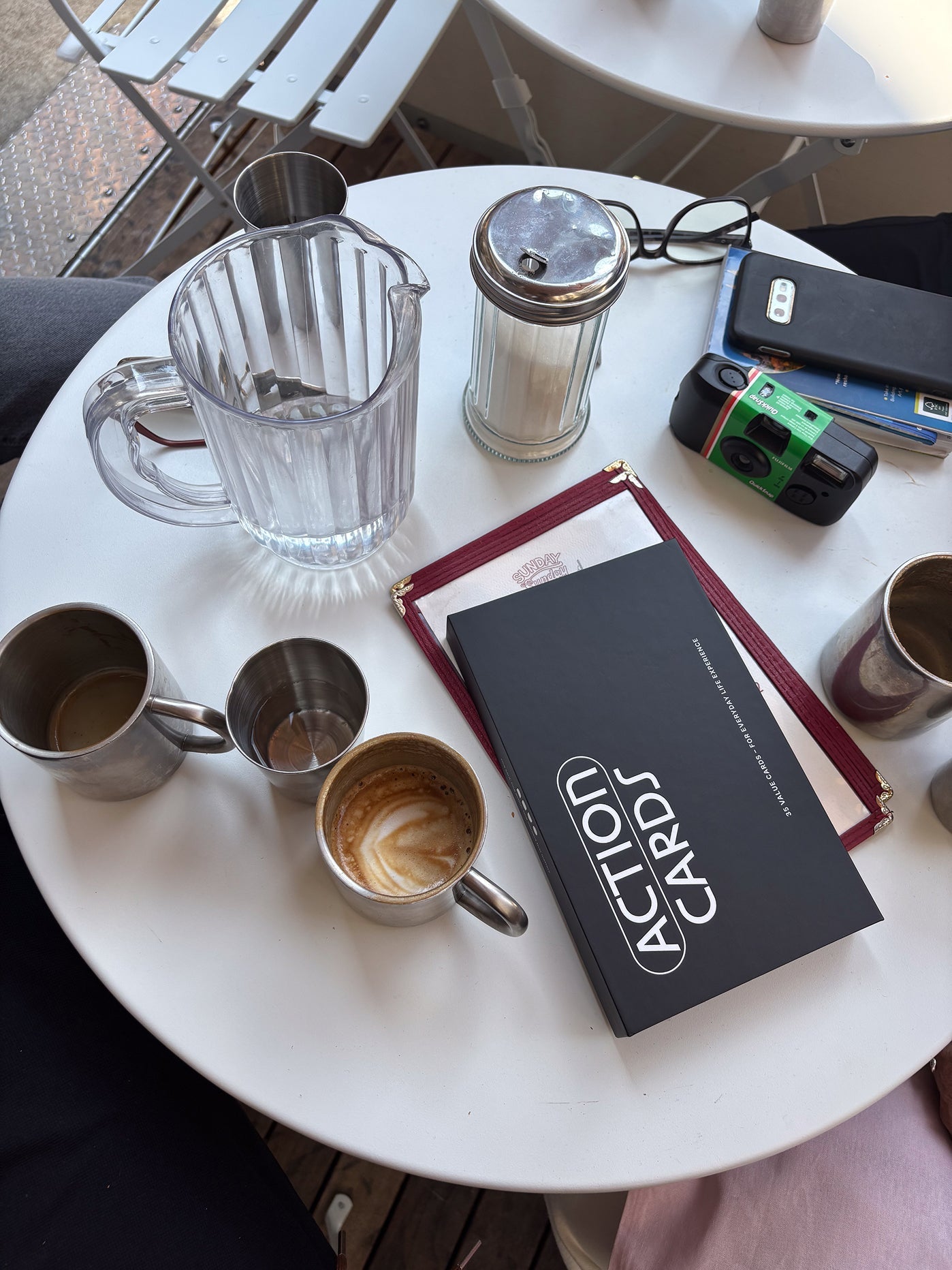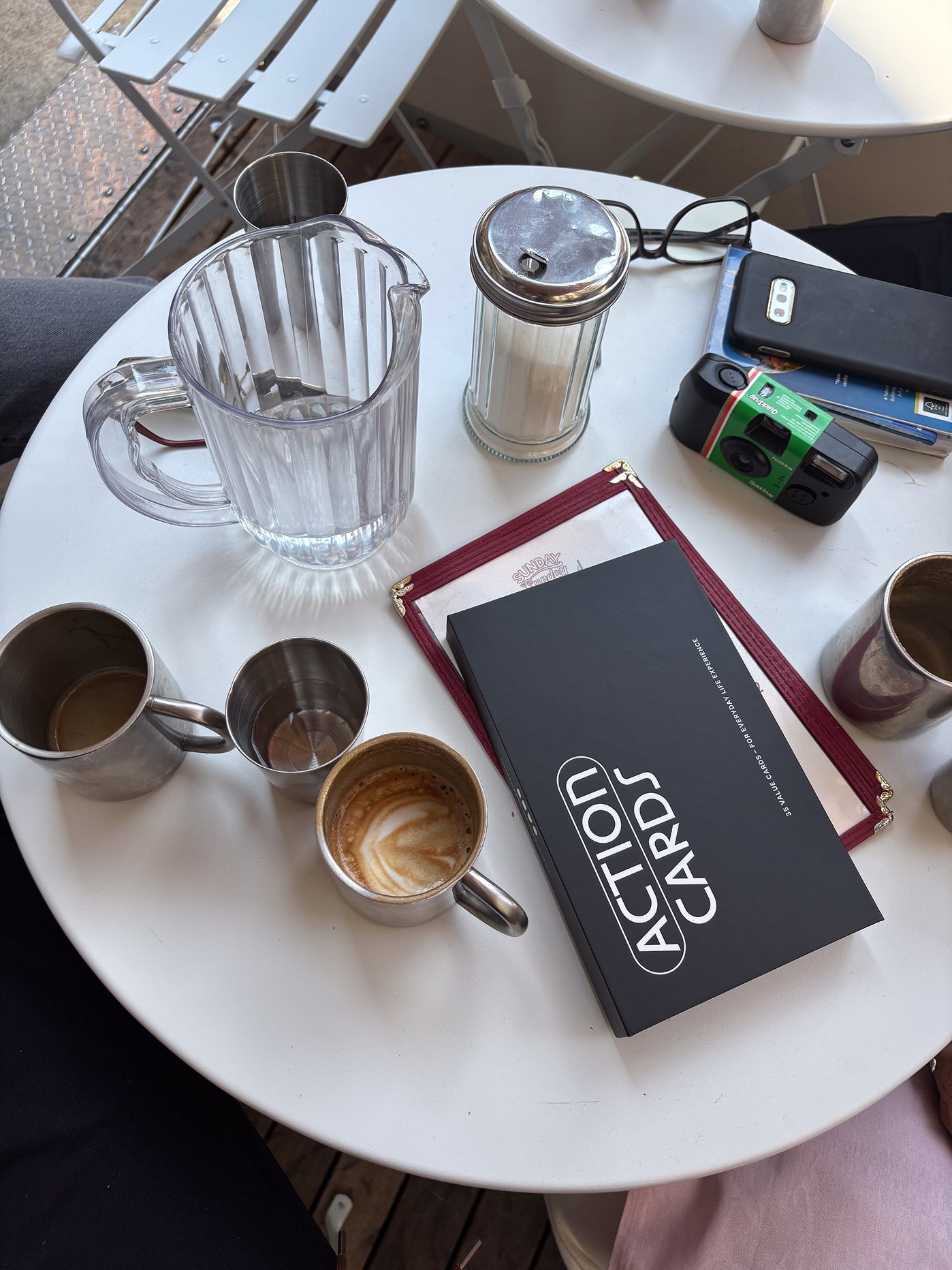“No empathy?” How to understand distance – and make connection possible
Sometimes it feels like nothing is getting through: words bounce off, eyes remain blank. " No empathy " – that's what it quickly sounds like. But behind a lack of resonance often lies protection, being overwhelmed, or simply a lack of language. Here you'll find guidance, examples, and ways back to connection.
"Empathy doesn't mean being right—it means wanting to see. Only when we perceive does choice arise."
What “no empathy” can mean
The language surrounding empathy is full of strong terms: lack of empathy , lack of empathy , not being empathetic . Before you judge, examine three levels:
- Cognition: Do I understand what the other person is thinking? (cognitive perspective)
- Emotion: Do I sense how she feels? (emotional/affective resonance)
- Action: Am I showing it helpfully? (compassionate action)
Sometimes just one level is missing. And sometimes someone is protecting themselves from being overwhelmed—this seems distant, but it's not a lack of dignity.
Myths and buzzwords – clearly classified
- "Dark Empath": Describes perspective-taking without compassion—empathy as a strategy. Pay attention to values and responsibility.
- "Empathy Narcissist": In relationships, empathy can have a one-sided effect. Clear boundaries and "I" messages provide orientation.
- "Being too empathetic": Empathizing without self-connection leads to exhaustion. Empathy requires pauses and choice.
- "Toxic empathy": When helping disempowers. Ask: "What really helps you right now?" instead of imposing solutions.
When empathy is lacking: examples from everyday life
- In a team: Feedback sounds harsh because context is missing. Solution: first reflect ("I hear..."), then evaluate.
- At home: Silence instead of consolation. Agree: "Do you want advice or just for me to listen?"
- With customers: Focus on features instead of needs. Change: "If I were a customer, what would I need right now?"
Exercise: SONDER – the perspective that broadens
"Sonder" reminds us: Every stranger leads a life as vibrant and complex as your own. Try it today:
- Choose a person in a café or on the train.
- Imagine: What does she dream about? What is she struggling with? What made her happy today?
- Conclude with a silent sentence: “Your life is big – like mine.”
Want to delve deeper? This short video from the Dictionary of Obscure Sorrows brings "Sonder" to life.
Strengthen empathy – without losing yourself
- Echo instead of judgment: “I hear that … is important to you.” First reflect, then respond.
- Setting boundaries: “I want to understand – and I need a break.”
- Self-empathy first: “What do I feel? What do I need?” Only then act.
- One more question: “What haven’t I asked yet that would help you?”
How the MfW embodies empathy
At the Museum of Values, we have been collaborating with The Art of Embodying Change GmbH for years. We combine embodied practices (How do I experience the world?), aesthetics (What touches me?), narrative (What story am I telling?), and relationality (How good is our relationship?). Not just understanding— embodying .
"Empathy requires two directions: toward you and toward the other person. Only then does closeness become sustainable."
Your next step
Got the theory? Now you can feel it. Choose a situation today in which you want to practice empathy—with an echo, an extra question, or a "special" response. Pay attention to what changes within you and between you.




